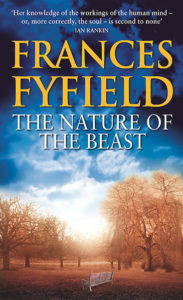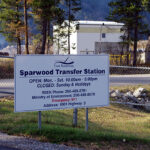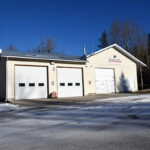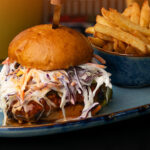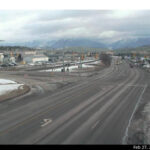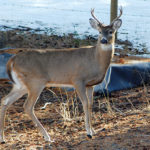Home »

Frances Fyfield exercises the writer’s right
Book Review
By Derryll White
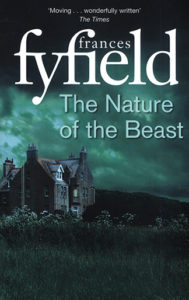 Fyfield, Frances (2002). The Nature of the Beast.
Fyfield, Frances (2002). The Nature of the Beast.
Frances Fyfield is an innovative writer. She tries new forms and metaphors with ease and abandon. The forward to this novel alone puts the reader on notice to expect surprises and to see staid lawyers as they may not have been portrayed before. Fyfield is British so she comes out of a social norm which has the law ensconced in wigs, robes, leather-bound libraries and fumed oak.
Elizabeth Manser, however, lead legal character in this novel, sees women as snakes and men as lounge lizards and whip pets. Her fellow train passengers are portrayed as elephants, Labradors and circling cats.
This is a novel which kept me scrambling to keep up to the writer. Fyfield has so many intriguing characters and scenes in the first three chapters that a reader has to work at sorting, categorizing, understanding. Her language is so precise and yet flamboyant, even theatrically bizarre, that one escapes all the snow outside and enters a world of word wonder. She really is a writer’s writer. She paints increasingly complex social scenes, word by word.
Fyfield exercises the writer’s right to dissect words and create new meanings. She creates “truth” as a lie, “memory” as a construction of shifting facts.
Frances Fyfield reaches deep into man’s relationship with domestic pets and reveals the beauty of humanity not often examined except in philosophical terms.
I would recommend this book to any discerning reader and to all those who would be writers.
****
CELL PHONE – Amy believed that mobile phone users simply spoke into them on trains to prove they had someone to listen. There was no Sylvie; she was an invention and he madly used the phone to stop himself sucking his thumb.
LEGAL BRIEF – ‘It is impossible to estimate just how much buggery with animals takes place,’ the note read. ‘After all, the recipients of attention, unless they are talking parrots with a large vocabulary, are not really in a position to complain.’
LIMITS OF LAW – “No, but we don’t prosecute people for being unreconstructed male chauvinist pigs. Or for being nasty and brutish.”
WEATHER – Elizabeth Manser always wanted to go home. Or outside, where spring was having a debate with summer ab out which of them was winning.
ARCHITECTURE – The size and the stone reduced the human element, their bad habits, bad breath, peculiar costumes and everyday clothes, to complete insignificance. A millionaire would have less presence than a gargoyle.
BEAUTY – “Do you know,” John said, “everyone has moments of beauty? If only they knew and if only it were enough.”
NATURE – The sun shone on the paved yard of the courtyard, fickle as all hell, as if it had been there all the time.
NEWSPAPERS – They were the intruders into homesteads, the harbingers of doom; they destroyed harmony and stopped more conversations than they ever began. They were something she read with caution…
VISION – Model houses did not have to be cottages, Victorian dwellings, cosy shops, places with lace curtains. They could be fairy-tale palaces, visions of heaven or hell, whatever he wanted them to be, creations upon which the imagination could fasten in order to stop itself going mad.
LOVE – Love, the anchor of the soul, as necessary as food.
MARRIAGE – The greatest secret of all time is the true state of anyone’s marriage. No one on the outside can ever really know. Even those close to it don’t know.
HANGOVER – Elisabeth had the wide-awakeness of the not entirely sober and her face as seen by herself in the train window during the journey home was one she would rather not share, with a puffiness round the eyes and the jaw made slack by the unkind reflection in the black glass which distorted her into something freakish. It made the crumbled collar grey, smeared her mouth into bulbous lips and her hair as if it was a clutch of nesting snakes turned over by a spade. Her throat felt like cactus.
TRUTH – A deliberate act of frightful sabotage had already been translated in his mind into a mistake, and that was what he would believe tomorrow, by which time there would be no other suggestion. It was a rapid conversion of fiction into unshakeable truth and he probably did it all the time.
WEATHER – The sun made her an indolent dreamer; it was the most sensual of comforts; whatever vexed her mind or if she had been told that hell would freeze over the next day, she could always sit in it at the faintest excuse and treat herself as a piece of bread ready for toasting.
PURSE – …it was the sort in which a woman would spend half her life, scratting around inside its depth, looking for things, but a good bag for the purpose. A person could carry a life around in a bag like this.
